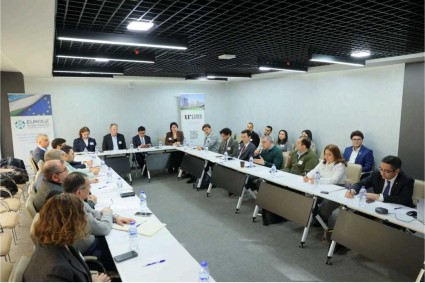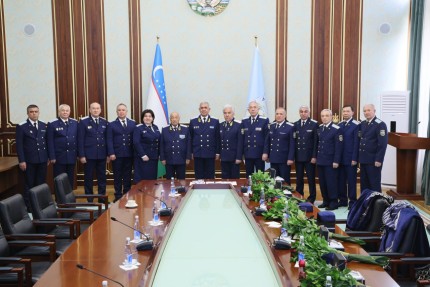The president Mirziyoyev signed the Fundamental improvement of mayor’s offices for sustainable socio-economic development of provinces Decree on October 21 transferring the territorial divisions of nine ministries and agencies to mayor’s offices in 45 districts and cities starting in 2026.
The main objectives of the reform are:
- transformation of district and city mayor’s offices into modern structures providing comprehensive services to individuals and businesses;
- expansion of administrative powers of mayor’s offices for independent resolution of local issues;
- clear definition of the responsibility of mayors for the socio-economic development of the provinces; introduction of effective mechanisms for interprovincial cooperation and exchange of experience.
From January 1, 2026, on an experimental basis, the district and city divisions of central executive bodies will be transferred to mayor’s offices of 33 districts and cities that have received the status of territories "in the image of New Uzbekistan," as well as all districts and cities of Surkhandarya province.
During the experimental period, the following ministries and agencies will be integrated into the structure of the mayor’s offices:
- Ministry of Economy and Finance;
- Ministry of Employment and Poverty Reduction;
- Ministry of Investments, Industry and Trade;
- Ministry of Construction and Housing and Communal Services;
- Ministry of Agriculture;
- Ministry of Ecology, Environmental Protection and Climate Change;
- Ministry of Culture;
- Committee on Family and Women's Affairs;
- Agency for Youth Affairs.
During this period, the divisions will retain their current status and pay terms, and the mayors of districts and cities will receive direct leadership over these structures and the right to approve their staffing table. Mayors will be able to independently appoint and dismiss employees, and apply measures of encouragement and disciplinary responsibility. Deputy mayors will be approved by the councils of people's deputies and will be able to form project teams to implement specific development initiatives.
For the duration of the experiment, the maximum number of deputy mayors in the Surkhandarya province administration is set at six, and in the district and city administrations – four. Mayors will independently determine the areas of responsibility of their deputies, taking into account the development plans and drivers of the province.
The staffing structure of district administrations is formed in a ratio of at least three employees per manager.
A system of key performance indicators (KPIs) is introduced to assess the performance of mayors and their deputies. If the KPIs are met, the territory will receive a 15% increase in funding for the infrastructure of driver projects. In case of non-achievement, funding will be reduced, and the question of suitability for the position will be considered.















